The Book of Revelation: what can we learn from it?
The Book of Revelation, the last book of the Bible, is a work rich in symbolism and prophecies. This sacred text, attributed to John the apostle, has fascinated readers and scholars for centuries.
In this review, we will delve into the depths of this mysterious book to discover the valuable teachings it offers. Read with us and find out more about the Book of Revelation, let's go!
The Book of Revelation: what can we learn from it?
The Book of Revelation, filled with apocalyptic imagery and profound symbolism, offers timeless lessons for readers. Firstly, it teaches us about the cyclical nature of human history.
The visions of Revelation depict conflicts, moral decay, and natural disasters that echo through the centuries. This reminds us of the importance of learning from past mistakes to avoid repeating the same destructive patterns.
Furthermore, Revelation emphasizes the final victory of good over evil. Even in the midst of chaos and adversity, the central message is one of hope. Christ's victory over the forces of darkness represents the triumphant light of truth over the darkness of sin.
This hope is a compass for believers, guiding them through difficulties and encouraging them to remain steadfast in their faith regardless of circumstances.
Revelation also calls us to reflect on our own moral conduct. The trials described in the book highlight the importance of justice, honesty and compassion.
It alerts us to the consequences of our choices and motivates us to live in accordance with ethical and spiritual principles.
Common questions
1. Who wrote Revelation?
The Book of Revelation is traditionally attributed to the apostle John, known as John the Evangelist.
During his exile on the island of Patmos, a small Greek island in the Aegean Sea, John received extraordinary visions and revelations from Jesus Christ, which he then recorded in this prophetic book.
The scriptures state that John was in the Spirit on the Lord's day when these revelations were given to him. Its authorship is a matter of Christian tradition and has been accepted throughout church history.
John's authority as an apostle and his close relationship with Jesus strengthen the credibility of the Book of Revelation as an essential part of the New Testament, offering a unique insight into God's plan for the future.
2. How to understand the Book of Revelation?
Understanding the Book of Revelation demands a careful approach. It is essential to consider the historical, cultural and theological context.
Revelation is an apocalyptic work, full of symbolism. Studying the Scriptures, especially the Old Testament prophets, can provide interpretative keys.
Furthermore, it is vital to recognize that many elements are metaphorical, representing spiritual truths. Seeking guidance from experienced scholars and spiritual leaders can offer valuable insights.
Patience and humility are essential; some parts may remain enigmatic. However, the central message about the final victory of good and hope for the faithful is clear. Praying for discernment and studying with an open mind are crucial steps to understanding the profound riches of this fascinating book.
3. Who is the beast of Revelation?
The enigmatic figure of the “beast” in the Book of Revelation has intrigued readers and scholars for centuries. Representing evil power and opposition to God, it symbolizes forces antagonistic to Christianity.
Many interpretations suggest that the beast may represent empires or wicked leaders who persecuted God's followers throughout history. Some schools of thought see it as a representation of corrupt political or religious systems.
Others believe she personifies the Antichrist, a figure prophesied to oppose Christ before the end of time.
Interpretations of the beast vary, but at its core, it warns of the danger of apostasy and evil forces that challenge faith, encouraging readers to remain vigilant and faithful even in the face of adversity.
4. Where was the Book of Revelation written?
The Book of Revelation was written on the island of Patmos, a remote location in the Aegean Sea, where the apostle John was exiled for his faith. This isolated island served as the setting for the extraordinary visions and revelations described in the book.
The environment of solitude and isolation, although challenging for João, became the conducive context for his profound spiritual experiences.
In this austere environment, far from the distractions of the world, John had his apocalyptic visions, which would later be recorded in the Book of Revelation. The specific location of Patmos and the island's unique atmosphere played a crucial role in the inspiration and composition of this significant work.
Conclusion
Therefore, the Book of Revelation offers a unique insight into God's plan for the world and the ultimate destiny of humanity. As we explore this complex book, we are reminded of the importance of faith, perseverance, and trust in God, even in the most difficult times.
Through symbolic messages and powerful visions, Revelation encourages us to remain firm in our faith, confident in Christ's final victory over evil. To the next!
